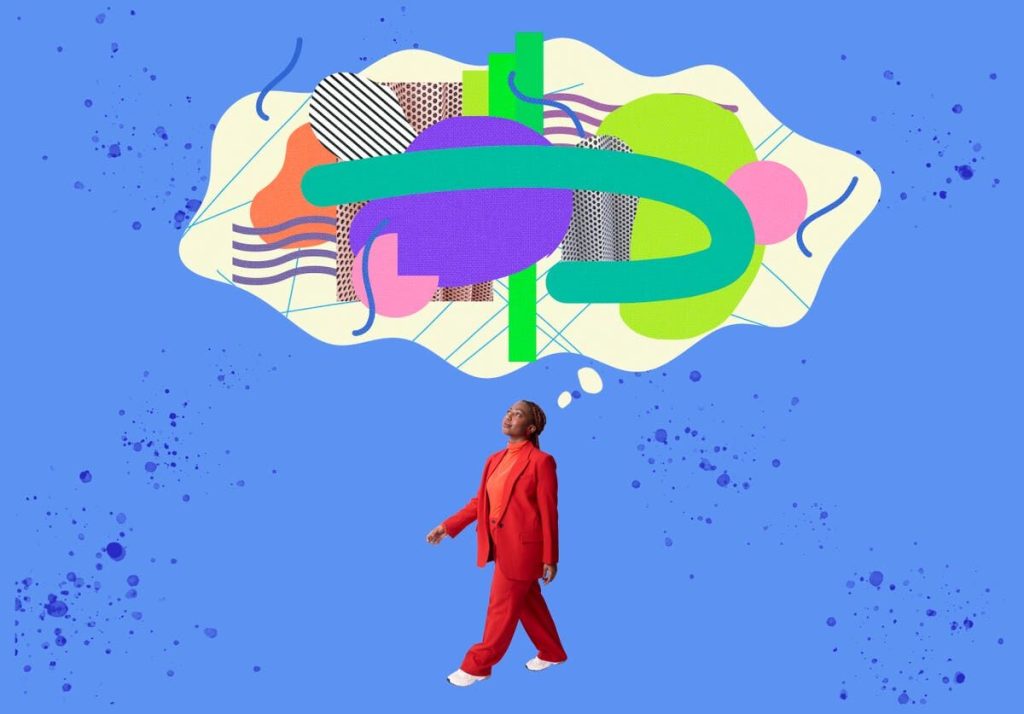Learning to Slow Down Can Boost Your Creativity
Megan Gray August 5, 2025
In today’s fast-paced world, we’re constantly being pushed to do more, achieve more, and move faster. From our work deadlines to social media updates, everything demands instant results. However, this constant rush can stifle creativity, leaving us feeling burnt out rather than inspired. A growing trend, known as the “slow movement,” is emerging as a potential antidote to this hurried pace. Learning to slow down, both mentally and physically, can significantly boost your creativity and overall well-being. Here’s why embracing a slower lifestyle can unlock your creative potential.

Why Does Slowing Down Boost Creativity?
At first glance, slowing down might seem counterproductive, especially when productivity is idolized in modern society. However, the science behind this concept reveals a deeper connection between a more deliberate pace and creative thinking. When we rush through tasks or bombard ourselves with distractions, our brains are overwhelmed, making it harder to think clearly. Taking time to slow down, on the other hand, gives our minds the space to process ideas, make new connections, and think more deeply.
Research shows that creativity thrives in relaxed, focused environments, where one is free from external pressures. According to a study published in Psychological Science, individuals who took time to relax and reflect before coming up with creative solutions outperformed those who worked under time constraints (Mulligan, 2018). This shows that when we slow down, we’re better equipped to think outside the box and come up with innovative ideas.
Additionally, slowing down reduces stress, which has been shown to have a negative impact on creativity. When we experience high levels of stress, our brains focus more on survival and basic tasks rather than on creative thinking. Lowering stress by embracing a slower pace of life allows the brain to engage more fully with higher-order cognitive processes, such as problem-solving and idea generation.
The Slow Movement: A Growing Trend
The slow movement, initially associated with food and lifestyle changes, has evolved into a broader cultural shift aimed at counteracting the effects of modern life’s frantic pace. The movement encourages people to live more intentionally, focusing on quality over quantity, mindfulness, and taking the time to enjoy life’s simple pleasures. It’s a reaction against the notion that being busy is a badge of honor, and instead promotes the idea that slowing down can lead to more fulfilling lives and, ultimately, greater creativity.
Many people are already adopting slower practices in their daily routines, such as enjoying leisurely meals, walking instead of driving, or dedicating time to reflection and mindfulness. This shift allows people to engage more fully in the present moment, which is crucial for fostering creativity. When we are fully engaged in the moment, we are more likely to make new associations between ideas and recognize patterns that might otherwise go unnoticed.
How to Slow Down and Spark Your Creativity
If you’re looking to unlock your creativity by embracing a slower pace, here are some effective practices to integrate into your daily life:
- Practice Mindfulness
Mindfulness is about focusing on the present moment without judgment. Activities like meditation or simply paying attention to your breath help clear your mind and make space for creative thinking. Research by Zeidan et al. (2010) shows that mindfulness boosts creativity by enhancing cognitive flexibility, crucial for creative problem-solving. - Take Regular Breaks
Continuous work leads to burnout. Taking breaks improves focus, productivity, and creativity. Studies show that brief pauses allow the brain to reset, returning to tasks with fresh ideas. Consider using techniques like the Pomodoro method, which involves 25-minute work intervals followed by 5-minute breaks. - Engage in Slow Hobbies
Hobbies like reading, painting, knitting, or gardening allow your mind to wander and often spark creative breakthroughs. These slower activities let your brain relax and think freely, fostering new ideas. - Limit Digital Distractions
Digital distractions can overwhelm your mind. Set time each day to disconnect from devices and focus on non-digital activities. Reducing screen time helps decrease cognitive overload and makes space for creative thinking. - Enjoy Nature
Spending time in nature can enhance creativity. A 2014 study by Berman et al. found that walking in nature boosts creative thinking compared to urban walks. Nature offers a peaceful, distraction-free environment, ideal for inspiration and reflection.
By slowing down and adopting these practices, you create the mental space necessary to unlock your creative potential.
Embracing the Slow Lifestyle for Long-Term Benefits
Adopting a slower pace of life isn’t just about short bursts of creativity; it can lead to lasting changes in how you approach work, relationships, and personal fulfillment. By embracing the slow movement, you allow yourself to prioritize quality over speed, focus on the process rather than the outcome, and make decisions with a clearer, more creative mindset. As a result, not only will your creativity improve, but your overall mental well-being will also benefit.
Incorporating slow living into your life can lead to better work-life balance, reduced stress, and a greater sense of purpose. Slowing down helps you reconnect with what truly matters and allows you to approach tasks and challenges with renewed energy and creativity. Instead of pushing yourself to constantly be busy, slowing down empowers you to be more present, engaged, and inventive in everything you do.
Conclusion
In a world that constantly demands more, slowing down may be the most powerful tool you have to unlock your creativity. By embracing a slower, more intentional lifestyle, you free yourself from the constraints of busyness and allow your mind to flourish. Whether through mindfulness, breaks, or spending time in nature, the key to fostering creativity lies in slowing down. So, if you’re feeling creatively blocked or overwhelmed, it might be time to take a step back, breathe, and embrace the slow movement. You may just find that slowing down is the secret to your next big idea.
References
- Mulligan, T. (2018) Creativity under pressure: How relaxation boosts creative performance. Available at: https://journals.sagepub.com (Accessed: 5 August 2025).
- Zeidan, F., Johnson, S. K., Diamond, B. J., & David, Z. (2010) Mindfulness meditation improves cognition: Evidence of brief mental training. Available at: https://www.sciencedirect.com (Accessed: 5 August 2025).
- Berman, M. G., Jonides, J., & Kaplan, S. (2014) The cognitive benefits of interacting with nature. Available at: https://journals.plos.org (Accessed: 5 August 2025).







